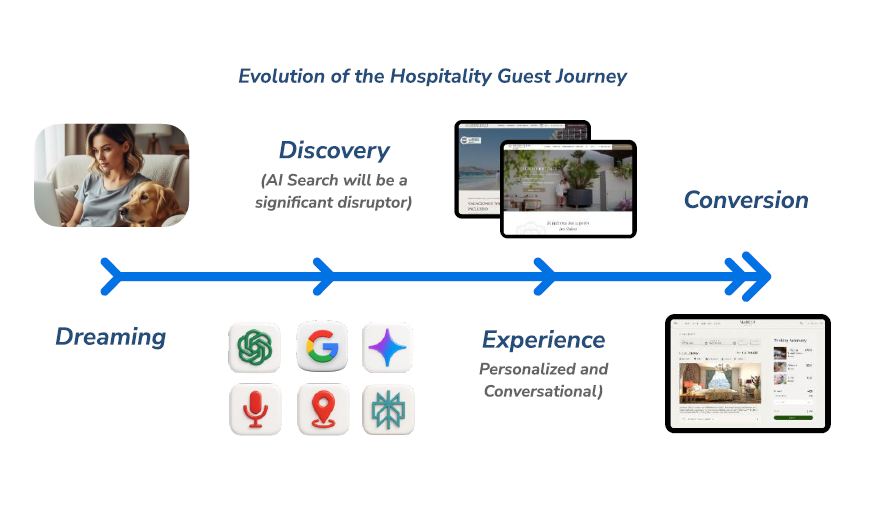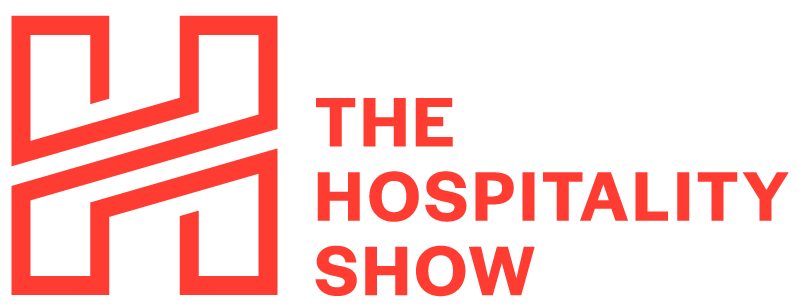At HSMAI’s recent Sales Executive Roundtable, Greg Duff, Principal and chair of the hospitality, travel and tourism practice at Foster Garvey, delivered a frank, practical look at the legal trends reshaping group contracts and risk management, while also tackling the emerging role of AI in hospitality. From evolving force majeure clauses to the legal pitfalls of AI-generated content, his insights are a wake-up call for sales leaders who want to stay ahead of risk and regulation.
1) Force Majeure Is Evolving
Expect force majeure clauses to continue expanding. Recent events have prompted the inclusion of specific language around government shutdowns, executive orders, and sociopolitical issues that may impact attendee participation. Diverse groups are increasingly requesting clauses that account for controversial legislation in host locations.
2) Contract Amendments
Sales teams often ask if an email exchange can amend a contract. Legally, amendments require signed writings from both parties. While practical realities sometimes lead to email exchanges, Duff emphasized the importance of clarity, authority, and documentation. Phone calls, he warned, are the least reliable.
3) Meeting Planner Authority
A growing concern is whether meeting planners truly have the authority to bind groups to contracts. Duff recommends including clear representations and warranties in agreements to confirm that planners have consulted with their groups and that the group is aware of the contract terms.
4) Risk Management Tools
Duff outlined three key tools:
- Indemnification: Often contentious, some clients opt to remove it entirely and rely on insurance.
- Insurance: A practical alternative to indemnity, especially in social contracting.
- Limitation of Liability: Use caps and exclusions to manage exposure, especially for consequential damages.
5) Transparency and Junk Fees
With increasing regulations around service charges and junk fees, Duff advised aligning with FTC guidelines and local laws. He emphasized the importance of clear disclosures, especially in areas with unique requirements.
6) AI in Hospitality
AI is transforming sales, marketing, and operations. From chatbots to RFP management and upselling, AI offers efficiency and introduces legal risks. Duff cautioned that AI-generated content may not be legally protectable and could inadvertently infringe on existing intellectual property. He also highlighted the importance of human oversight, citing a recent case involving a chatbot that led to a legal dispute over misinformation.
Other Contractual Considerations
- Renovation Clauses: Tie them to specific spaces used by the group and exclude routine maintenance.
- Competitor Clauses: Be specific, avoid vague terms like “tech industry.”
- Best Rate Guarantees: Define “comparable circumstances” clearly to avoid disputes.
- Commission Transparency: Full disclosure is essential; hiding commissions is no longer acceptable.
Thank you to our roundtable partners: Hotelbeds (HBX), Hippo Video, Lotus Marketing, Tambourine, and ZS. This Roundtable was attended by brands and hotel management companies such as Aimbridge Hospitality, Atrium Hospitality, BWH Hotels, Choice Hotels, CoralTree Hospitality, First Hospitality, Hilton Hotels, Hyatt, IHG, Loews Hotel & Co, Marcus Hotels, NCG Hospitality, Outrigger Hospitality Group, Parks Hospitality Group, Peachtree Hospitality Management, Peregrine Hospitality, Superhost Hospitality, Spire Hospitality, Rosewood Hotel Group, TPG Hotels & Resorts.
HSMAI hosts this unique by-invitation forum annually for executives from ownership groups who specialize in a commercial role at their company. If you are interested in being invited next year, please email info@hsmai.org.
















